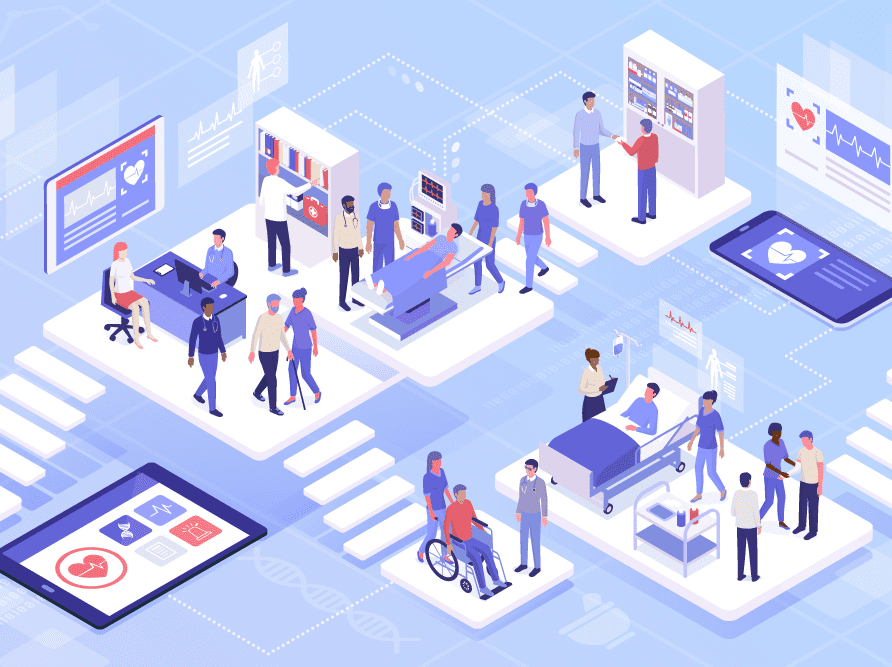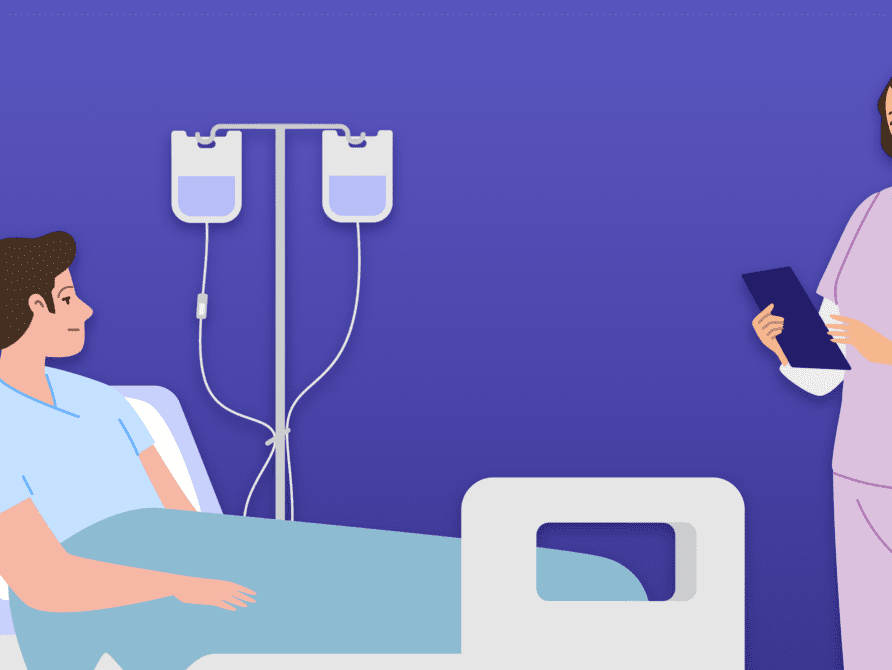Article
Rethinking burnout
What is the first thing that comes to mind when you hear the phrase “burnout”? When I hear the word “burnout,” it instantly transports me back to a particularly overwhelming day at the clinic. I recall being behind, being aware that patients were waiting a very long time to be seen; I was frustrated and was managing a difficult patient case and grappling with the electronic health record system, wondering why these tools that were meant to assist us were sometimes making our lives harder.
In healthcare IT, the immediate thought often drifts toward workload and efficiency. At Altera, we consistently strive to view situations through our clients’ perspectives, understanding the challenges they encounter in delivering care. We constantly ask ourselves, “How can we refine our processes to ensure our products genuinely assist them in providing the best care possible? Can we reduce the administrative burden on physicians?”
While these considerations are undeniably important, they only scratch the surface of the burnout crisis. To be clear, I’m not minimizing the impact of being overworked and the effect healthcare IT can have on workloads, because that is certainly a key component of burnout. However, I believe we need a better understanding of the whole picture to better serve healthcare providers. Let’s take a look at two other major factors in healthcare burnout.
Moral distress
Originally used to describe a phenomenon in military personnel, the term moral distress has recently pivoted to express “the feelings of guilt, sadness and defeat felt by healthcare professionals when [they] know what [their] patients need but can’t provide it.” This is the result of systemic issues in healthcare, such as rising healthcare costs that can prevent patients from receiving proper care, pressure on providers to see as many patients as possible to increase earning potential and new legislative acts that prohibit providers from preforming certain medical procedures, even if the provider feels it is best course of action for the patient.
Moral distress is a term I became painfully familiar with during my early years as a physician. I recall a poignant moment when a patient of mine desperately needed a specific treatment. However, due to escalating healthcare costs, she couldn’t afford it. My hands were tied. It was a gut-wrenching experience, knowing precisely what she needed but being unable to provide it. This isn’t just about policy or healthcare costs; it’s a personal struggle that physicians face daily. We entered this profession to heal by providing the best care, and when external factors obstruct that, it weighs heavily on our conscience.
Compassion fatigue
A possibility for anyone working in a field where emotions are heavily involved, compassion fatigue is defined as the “combination of physical, emotional and spiritual depletion associated with caring for patients in significant emotional pain and physical distress.” In other words, providers can become overwhelmed by the empathy they feel for their patients to the point where they stop feeling empathetic and become emotionally numb instead. This can lead to depression, anxiety and, of course, burnout. I remember another patient, a young boy who had been through a traumatic accident. Each time I visited him, absorbing his pain and trauma, I felt a piece of my own emotional reservoir depleting. Over time, this consistent exposure to such intense emotions took its toll. I found myself, for a brief period, becoming distant and less empathetic. It wasn’t a conscious decision; it was an instinctual self-preservation mechanism. This is compassion fatigue. It’s not just about being tired; it’s about the emotional and spiritual exhaustion that comes from constantly giving a part of ourselves to others.
To reduce the risk of developing compassion fatigue, the American Psychologists Association recommends practicing self-compassion, sticking to a self-care routine and connecting with others in similar situations to create a community where experiences can be shared. These recommendations truly resonate with me. Regularly, I find solace in meditation, in connecting with fellow physicians who understand the unique challenges we face, and in seeking moments of self-compassion amidst the chaos.

Looking toward the future
In healthcare IT, our mission at Altera goes beyond just efficiency. We’re striving to understand the intricate tapestry of challenges healthcare providers face. While we might not have the power to change systemic barriers or the emotional weight of the caregiver profession, we can definitely design solutions that ease the cognitive load. By comprehensively understanding the landscape of burnout, we’re better equipped to innovate and truly make a difference in the lives of those who dedicate themselves to healing others.












